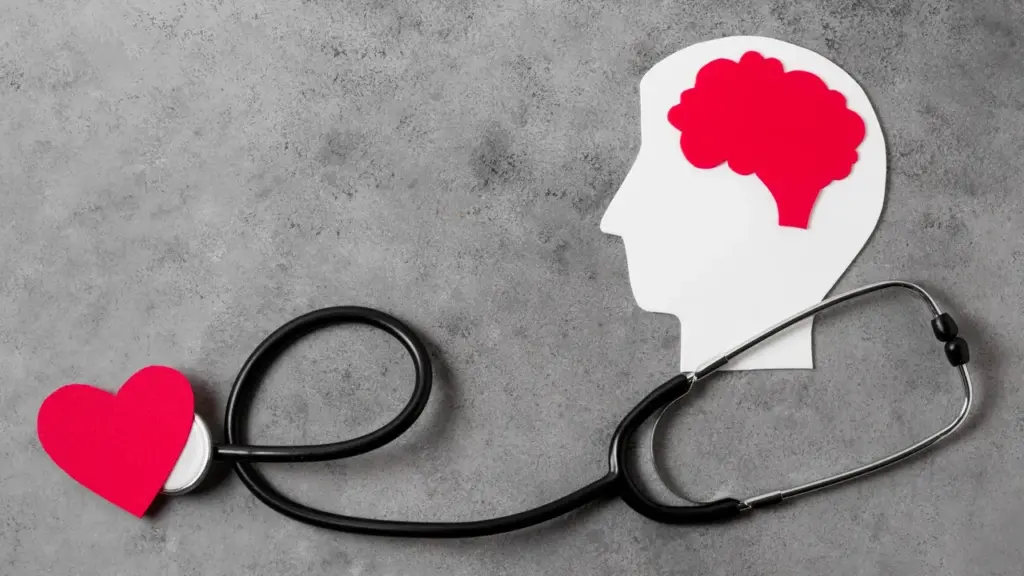Welcome to a journey of breaking down walls and fostering understanding in the realm of mental health. In this article, we’ll delve deep into the intricate web of mental health stigma, unraveling its roots, understanding its implications, and exploring strategies to dismantle its stronghold. Let’s embark on a journey of awareness, empathy, and transformation in healthcare.
Understanding Stigma
Mental health stigma is like a dark cloud looming over individuals, shrouding them in judgment, shame, and isolation. It’s not merely a label; it’s a barrier preventing people from seeking help, receiving support, and living authentically. Stigma perpetuates misconceptions, stereotypes, and discrimination against those grappling with mental health challenges.
Causes of Stigma
The origins of mental health stigma are multifaceted, stemming from societal norms, cultural beliefs, and historical contexts. Misinformation, fear of the unknown, and perpetuation of stereotypes fuel the stigma fire. Additionally, language plays a significant role, with derogatory terms often used to describe individuals with mental health conditions, further deepening the divide.
Effects of Stigma
The ripple effects of mental health stigma extend far and wide, impacting individuals, families, workplaces, and communities. For those battling mental health issues, stigma intensifies feelings of shame, guilt, and worthlessness, hindering their recovery journey. On a societal level, stigma leads to underfunded mental health services, limited access to care, and systemic discrimination.
Challenges in Healthcare
Within the healthcare system, stigma presents a formidable barrier to effective treatment and support. Healthcare providers may harbor biases, consciously or unconsciously, influencing their interactions with patients seeking mental health assistance. This hampers the establishment of trust and rapport, essential components of therapeutic relationships.
Breaking Barriers
Despite the pervasive nature of mental health stigma, there is hope on the horizon. To break down these barriers, individuals, communities, healthcare providers, and policymakers must all make a concerted effort. Education, advocacy, and destigmatization efforts are crucial in reshaping societal attitudes towards mental health.
Educational Campaigns
Raising awareness through educational campaigns is a pivotal step in combating stigma. By disseminating accurate information, challenging stereotypes, and fostering empathy, these initiatives pave the way for understanding and acceptance. Schools, workplaces, and community organizations play a vital role in hosting such campaigns.
Support Networks
Building strong support networks is essential for individuals coping with the effects of mental health challenges. Peer support groups, online forums, and community organizations offer a safe haven where individuals can share their experiences, seek guidance, and find solace in knowing they’re not alone in their journey.
Empowerment through Advocacy
Empowering individuals to advocate for themselves and others is a potent tool in dismantling stigma. By amplifying their voices, sharing their stories, and challenging discriminatory practices, individuals become agents of change, driving societal shifts towards greater inclusivity and acceptance.
Role of Media
The media wields significant influence in shaping public perceptions of mental health. Responsible portrayal of mental health issues in the media can challenge stereotypes and foster empathy. By showcasing diverse narratives and humanizing experiences, media outlets have the power to spark meaningful conversations and promote understanding.
Policy Changes
Policy reforms are imperative in addressing systemic barriers to mental health care. This entails allocating resources towards mental health services, integrating mental health into primary care settings, and implementing anti-discrimination legislation to protect the rights of individuals with mental health conditions.
Professional Training
Equipping healthcare providers with the necessary knowledge and skills to address mental health stigma is paramount. Incorporating stigma reduction training into medical and allied health curricula fosters empathy, cultural competence, and ethical practice. By cultivating a stigma-free healthcare environment, providers can deliver more effective and compassionate care.
Personal Stories
Behind every statistic lies a human story, a narrative of resilience, courage, and hope. Sharing personal stories of triumph over stigma can inspire others to seek help, break their silence, and embark on their own healing journey. These stories serve as beacons of light in the darkness, illuminating pathways to recovery and redemption.
Seeking Help
Amidst the shadows of stigma, it’s essential to remember that help is within reach. Seeking support from trusted individuals, mental health professionals, or support hotlines can be the first step towards healing. Remember, reaching out is not a sign of weakness but a testament to strength and resilience.
Conclusion
In conclusion, mental health stigma casts a long shadow over individuals and communities, perpetuating silence, shame, and suffering. However, by confronting stigma head-on, fostering understanding, and promoting empathy, we can dismantle these barriers and create a more inclusive and compassionate healthcare landscape. Together, let’s break the silence, challenge stigma, and pave the way for a brighter, stigma-free future.
Frequently Asked Question FAQs
1. Why is mental health stigma harmful?
Mental health stigma perpetuates shame, discrimination, and barriers to treatment, hindering individuals from seeking help and receiving support.
2. How can I support someone facing mental health stigma?
Offer your unconditional support, listen without judgment, educate yourself about mental health, and advocate for policies that promote inclusivity and acceptance.
3. Are there any online resources for mental health support?
Yes, there are numerous online platforms, helplines, and support groups dedicated to providing assistance and guidance to individuals facing mental health challenges.
4. What role can I play in challenging mental health stigma?
You can challenge stigma by promoting open conversations about mental health, challenging stereotypes, advocating for policy reforms, and supporting individuals facing stigma.
5. Is it possible to overcome mental health stigma?
While eradicating stigma entirely may be a lofty goal, progress can be made through education, advocacy, and fostering a culture of empathy and acceptance.
6. How does Veracity combat mental health challenges?
Veracity combats mental health challenges by promoting a culture of self-care and resilience among healthcare professionals. They provide access to resources and support systems, offer initiatives focused on mental wellbeing and professional development, and partner with healthcare organizations to foster a healthier work environment for nurses.

